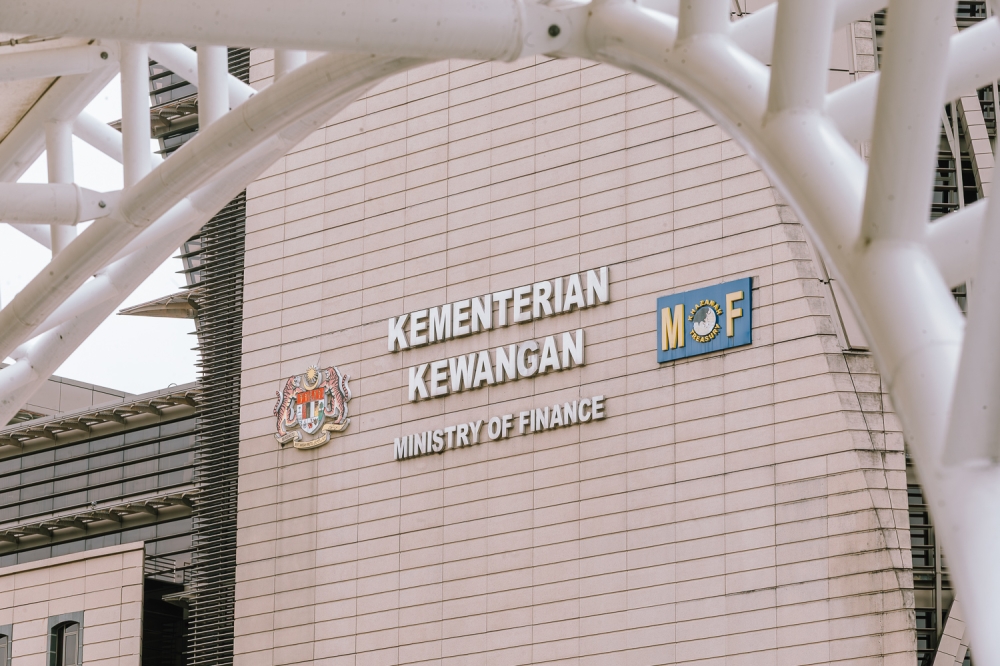MARCH 1 — In two earlier articles, it was stated that in a democratic system (which Malaysia claims to be), free and fair elections is the only way of electing a government.
In earlier articles, it was narrated that human history has always been about survival, in particular the survival of "the tribe." In Malaysia, the "Umno tribe", the "PAS tribe" and other "tribes" residing in this geographical and political entity called Malaysia compete for the available resources to continue and/or enhance their (and that of their supporters') chances of survival.
Clearly, some tribes have benefitted more than others – hence the unprecedented discontent with the present government.
But what is democracy and what is the role of a democratically elected government?
At the most fundamental level, democracy is a system where “the people” rule (government of the people, by the people, for the people as it is famously phrased); more importantly, “the people” must rule equally.
This differentiates democracy from other systems (e.g. monarchy – rule by a particular family; theocracy – rule by the clergy; dictatorship – rule by one individual; one party state – rule by one particular party; oligarchy – rule by one particular group of rich people, etc.).
What then is the role of government in a democracy to achieve the two fundamental principles of democracy (ruled equally by a government of the people, by the people and for the people)?
Ensuring territorial integrity
The primary role of any government is the protection of all its citizens from external aggression. Stated differently, ensuring a nation’s territorial integrity and the security of its citizens is paramount for any government.
Throughout human history, different tribes (and later nations, and their governments) have raided each other in search of resources. The greatness of rulers, dynasties and empires were primarily associated with the vastness of land (and resources) that they controlled.
Imperialism/colonialism culminating in World War II demonstrated the extent that nations would go in search of resources. Although the current international order – built on the ashes of World War II – through the recognition of “equality” of each and every nation-state, has contributed to peace and stability for a large number of countries, conflicts between states remain a clear and present danger.
There is also another dimension that has grown in importance in recent times; that of threats from non-state actors (such as terrorist and organised criminal groups, etc.).
Promoting economic growth
The modern government is, more than ever, expected by all its citizens to create the conditions for economic growth and material prosperity. Leaders and their governments are replaced at elections if they cannot deliver on economic growth.
This expectation is so crucial, that even non-democratic governments and their leaders have been replaced (often violently) for not delivering economic growth.
Distributing and redistributing resources and incomes
Governments must not only make the economy grow but they must also distribute and redistribute the resources, and the wealth created in ways that satisfy all its citizens. Through various policies (involving taxes, resource rents, transfers, development projects and programs, etc.), governments distribute and redistribute wealth and income to promote economic growth and development equally and equitably.
Provision of public goods
The private sector provides goods and services when there is a profit to be made. There are, however, many goods and services that are crucial to the functioning of the modern state that can only be delivered by the government in a more cost effective manner.
More importantly, a democratic government must also make available public goods to citizens that cannot afford it. Although governments increasingly deliver many of these crucial services through private providers, the provision of public goods remains a key role of governments.
Services such as national security, health, education, utilities, and infrastructure, etc. are provided or underwritten by governments for all citizens.
Managing externalities
Human activities often have unintended consequences that can either be of cost or benefit to society. These can be domestic or international. The haze is a case in point. Governments must therefore regulate both domestic activities, and through co-operation with other countries, to regulate activities regionally and globally, that impose externalities.
We can now use these fundamental principles of democracy and the five basic functions of government described in this article to explore how the “powers that be” in this country have performed since independence.
* This is the personal opinion of the columnist.






















